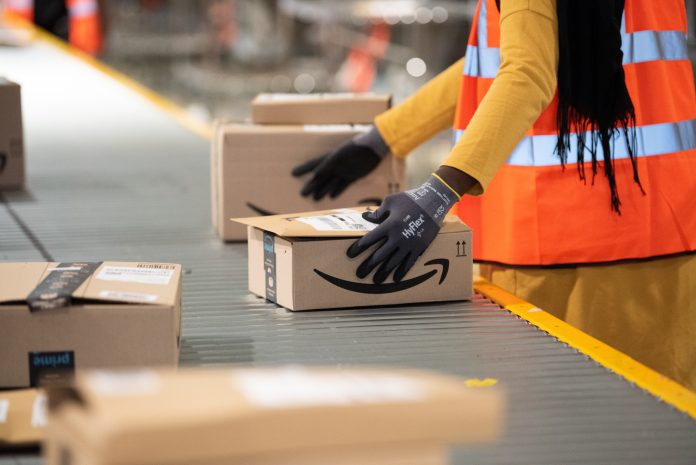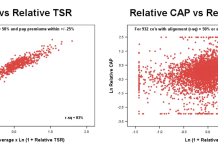Antitrust laws exist to stop big companies from creating monopolies – with a new antitrust investigation into Amazon, the European Commission raises growing concerns of legal missteps by the tech giant
Amazon is currently valued at $1.4 trillion. According to Business Insider, CEO Jeff Bezos initially told his investors that the company would need to spend their $4 billion profit on pandemic-related expenses. In reality, a global lockdown created dependence on online shopping for hundreds of thousands who found themselves at risk of infection – especially via Amazon Prime, which runs a next-day delivery service that is famous globally.
Due to this unprecedented shift in behaviour, Bezos actually increased his net worth by $97 billion over the last 7 months.
The question raised by the European Commission now, is if Amazon did this without violating the laws that stop one company dominating a marketplace.
What are antitrust laws? Why are they important right now?
The EU has laws that address how marketplaces should work, to encourage companies to compete but not to dominate a field unfairly. This is critically important for smaller companies, who want to make money without being erased by giants like Amazon and Apple. There are two laws clearly written in the Treaty of the Functioning of the European Union. Amazon are being investigated for Article 102 of the Treaty, which prohibits firms that hold a dominant position (like Amazon does in online retail markets) from abusing that position – either by charging unfair prices, limiting production or by refusing to innovate to the prejudice of consumers. In this antitrust investigation into Amazon, the Commission propose two violations of the same Article.
What does the European Commission suspect is happening?
In the eyes of the EU, Amazon has been breaching antitrust laws by messing with competition in online retail markets. With Christmas approaching, this investigation is coming at a crucial time for the potential victims of this market domination strategy – the smaller businesses who are counting on the revenue of November. The Commission further has a problem with Amazon for relying on the business data of independent sellers – which they suggest are being used to understand why customers may use non-Amazon services, and then to divert them to Amazon-based products.
Executive Vice-President Margrethe Vestager, in charge of competition policy, said: “We must ensure that dual role platforms with market power, such as Amazon, do not distort competition. Data on the activity of third party sellers should not be used to the benefit of Amazon when it acts as a competitor to these sellers.
Essentially, this alleged situation is the equivalent of a doctor using information about their patient. The antitrust responsibility, as the EU has legally proven before, is with the market dominating company. In 2001, the Commission fined French tyre-maker Michelin €19.76 million for violating the same law. The case ruling said wrote that there was “special responsibility not to allow its conduct to impair genuine undistorted competition in the common market”, aka that dominant company must have the moral responsibility not to take smaller companies out of the game as soon as they appear.
Margrethe Vestager further commented: “The conditions of competition on the Amazon platform must also be fair. Its rules should not artificially favour Amazon’s own retail offers or advantage the offers of retailers using Amazon’s logistics and delivery services.”
Will the antitrust investigation into Amazon lead to a fine?
While the Amazon legal team get assembled in Brussels, the European Commission continues to appear ready to prove that the company violated both of the EU antitrust articles. In a second claim, the Commission find that the ‘buy box’ that gives products hugely valuable visibility on the Amazon marketplace is rarely given to third-party products, despite paying for advertisement. The investigation is covering the entirety of Europe, minus Italy – who have their own in-depth investigation into Amazon ongoing. In July 2019, the Commission began to dive into the use of data by the global tech giant, which means that the two current allegations will be rooted in strong pools of evidence.
Currently, the EU is also in a case against Google on antitrust violations – due to be announced on 9 December, 2020.
It remains to be seen how Amazon will navigate both charges, as they earlier commented:
“We disagree with the preliminary assertions of the European Commission and will continue to make every effort to ensure it has an accurate understanding of the facts.”











